Every year, thousands of new UCLA first-year and transfer students, along with continuing students, alumni, staff, faculty, and community members, visit community sites across Los Angeles to perform service that will impact individuals throughout the city.
On September 26, 2015 Lasting Learning and UCLA learning researchers, Nick and Saskia, visited a Middle S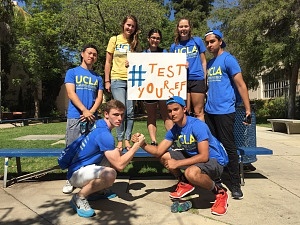 chool, dedicated to share some study tips and information on “How To Become a More Effective Learner” with students, parents, and teachers.
chool, dedicated to share some study tips and information on “How To Become a More Effective Learner” with students, parents, and teachers.
Here are five study tips:
Adopt a “growth mindset.” People learn better when they regard intelligence and other abilities as attributes that can be improved through effort (i.e., a “growth mindset”), rather than fixed traits that they either have or lack. Don’t shy away from challenges—embrace them!
Space out when you study. Students often cram for upcoming exams, but learning scientists know that this strategy is very ineffective for long-term learning. For that to happen, spacing out study sessions with time is a bett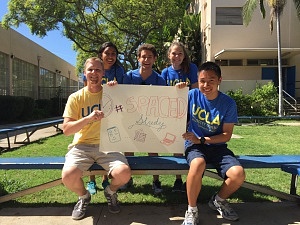 er way to go. It’s better, for example, to study something once a day for 5 days than it is to study 5 times in 1 day.
er way to go. It’s better, for example, to study something once a day for 5 days than it is to study 5 times in 1 day.
Mix-up where you study. Research dating back to the 1970s has shown that mixing-up your study locations is better for learning than always studying in your favorite place. This is especially true when the location for the final test is unfamiliar, which is the case for the SAT.
Teach someone else. If you think you understand a concept, try explaining it to another person. This will not only identify gaps in your own knowledge (if they exist), but by successfully retrieving information for your own memory you will increase the chances of being able to recall the information later.
Study right before you go to sleep. Sleep research has shown that a good night’s sleep shortly following your studies has a significant impact on your ability to retain information. If you are going to study or review something once, it’s better to do so at 10:00 pm than 10:00 am.
Search for #BruinsGiveBack on social media or http://volunteer.ucla.edu to read more about the annual UCLA Volunteer Day.

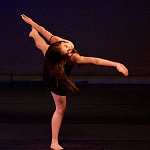
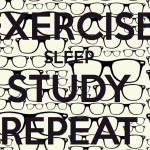



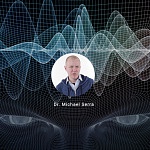
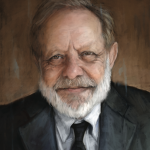



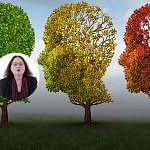
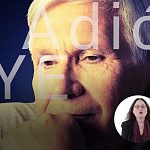
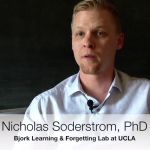

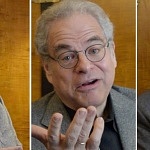

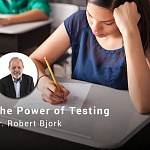
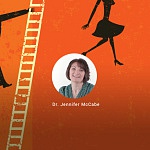
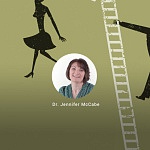


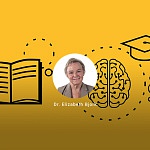

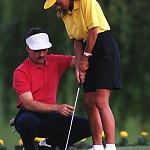
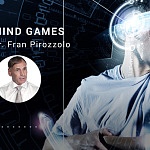
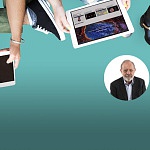

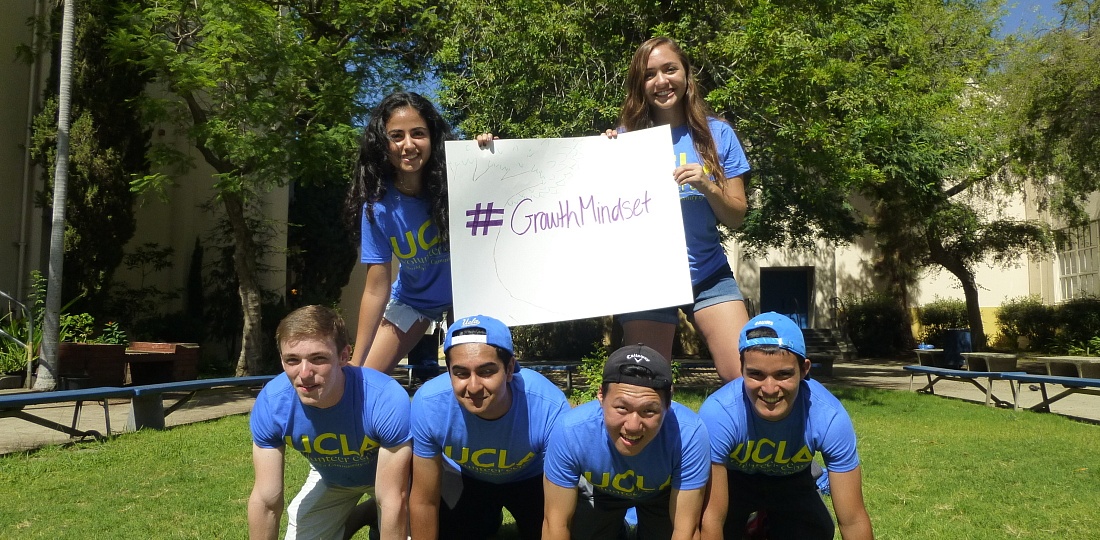
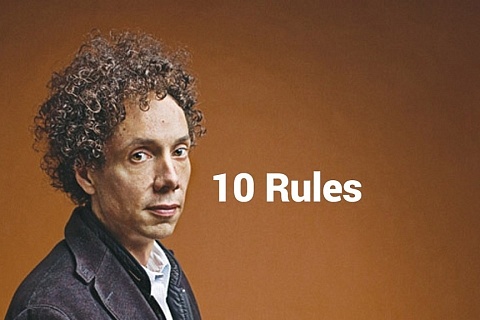
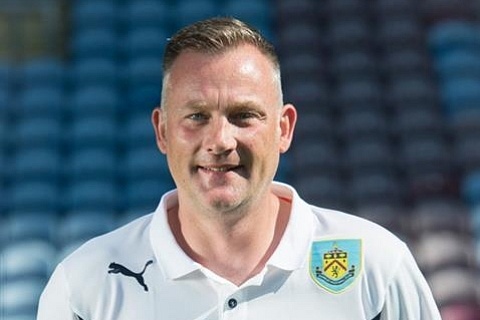
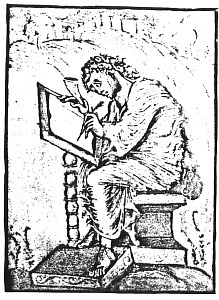
Leave a Reply
You must be logged in to post a comment.